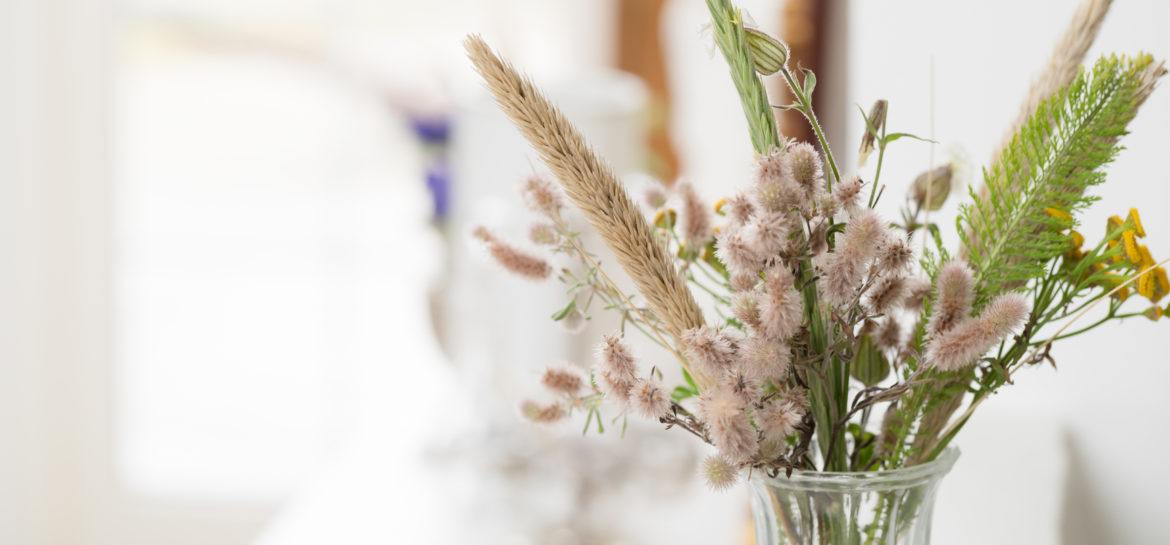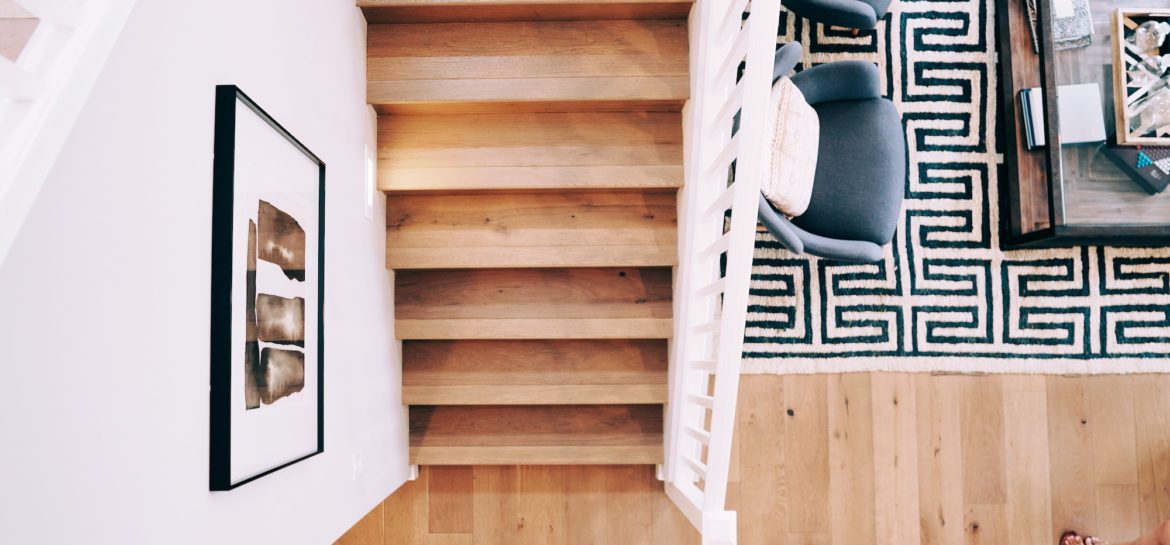
Improving the Scent Fingerprint of Your Home
Every home has a scent fingerprint. Its own unique combination that consists of the higher vibration scent pleasantries (hello fresh linens) and sometimes stagnant unpleasantries that we call odors (pile of dirty laundry). You can tell a lot about an environment just from the way it smells, and those scents are influencing your health and well-being—often without you even knowing it. Scent molecules are like tiny messengers delivering you information about your surroundings.
Are you ready to improve your well-being by maintaining a home that passes the smell test?
Bringing the scent of your home into alignment is an essential part of the multi-sensory practice of Feng Shui. It is an important part of balancing all the elements of your space. To minimize the less-than-favorable odors contributing to your homes scent fingerprint, be on the lookout for a few odor magnets, and try few of the remedies below to keep them off your scent radar.
My Two Scents: Easy Remedies to Improve Scent Profiles in Your Home
Rugs and Carpets: These typically cover a large area and are always underfoot, trapping funky smells and bacteria over time. Even if you are not scheduling a professional cleaning, you should still incorporate a disinfectant routine that reduces the dirt and bacteria present in the carpet or rug. After vacuuming you can use an odor remover or the home made mixture (below) by spraying in a sweeping motion to cover the whole surface, then let it completely dry before sitting or walking on the surface.
Pet Beds, Human Bedding, Slipcovers and Throw Pillows: We spend a third of our lives in bed and pets may have you beat on time spent in their own beds. Beds and bedding are a Petri dish for bacteria and germs, many of which are odor-causing. Cleaning these items is a must. Wash on the warmest setting the fabric will allow for. If you have non-washable throw pillows or a large pet bed, air them out in the sun. If you can’t wash or let it air out in the sun, try an antibacterial fabric spray. If you are up for making your own you can try this fix.
Homemade Disinfect Spray
- You’ll start by using a roughly 16oz glass spray bottle and fill it most of the way with isopropyl alcohol or another high (140 or greater) proof alcohol. Note – the CDC recommends using a spray that is at least 70% alcohol. If you can’t get your hands on isopropyl, there area few drinkable grain alcohols that will work such as: Golden Grain, Everclear, or Spirytus.
- Add ½ teaspoon hydrogen peroxide
- If you so desire you can add about 20 drops of an odor clearing essential oil such as lavender, eucalyptus or tea tree.
- Shake to mix
- Always spot test.
Garbage cans: Need I say more? It helps to clean and disinfect the inside of the garbage can, which can hold on to odors from months past. Once clean, you can consider placing a DYI odor reducer in the can before replacing your trash bag. I recommend using a coffee filter as your container and adding baking soda with a few drops of essential oil and tying the top closed.
Kitchen Sink: While you have the time at home, try to clean your sink weekly. To start: plug the drain, run the hot water and add any bleach like cleanser to your sink and let sit for a few minutes. Then rinse or run through the disposal. Hydrogen Peroxide Is also a helpful bacteria-buster if you let it soak on the surface for 15 minutes. Looking to stay away from harsh chemicals? Here are a few non-chemical remedies to de-stink your sink. Your nose will thank you.
Fridge: The fridge is a key player in the well-being of your kitchen. Clean it out. Wipe down surfaces (with non-bleach products), rinse and take inventory. It’s not only helpful to manage the scent but important to have an accurate idea of what you have on hand. Since you want to avoid harsh chemicals in your refrigerator, try these more natural bacteria busting solutions. Then add a box of baking soda. This is one of few items that soaks up odor without depositing its own scent. It’s the oldest trick in the book, but it is also one of the most easily forgotten.
Bathroom: Add a cup of unused coffee grounds under the sink or in a cabinet to neutralize the air. Much like baking soda, the grounds attract and trap unwanted odors. Scientists have actually started developing materials from unused coffee grounds to absorb smelly gases in the air such as hydrogen sulfide. For a boost of freshness while you shower, try using a eucalyptus shower mist. You can buy one online or make your own using pure eucalyptus oil and a spray bottle. Mist the shower walls and watch as the heat and steam fill the room with the refreshing scent of eucalyptus.
Balancing Your Scents Environment
By taking time to balance your scent environment, you are also enhancing the overall flow of energy in your space—immediately adding to your personal residential well-being. With the right scents, you will notice changes in the way your space feels and even in some aspects of your life. For an in person or virtual consultation contact Santo / Sage.

